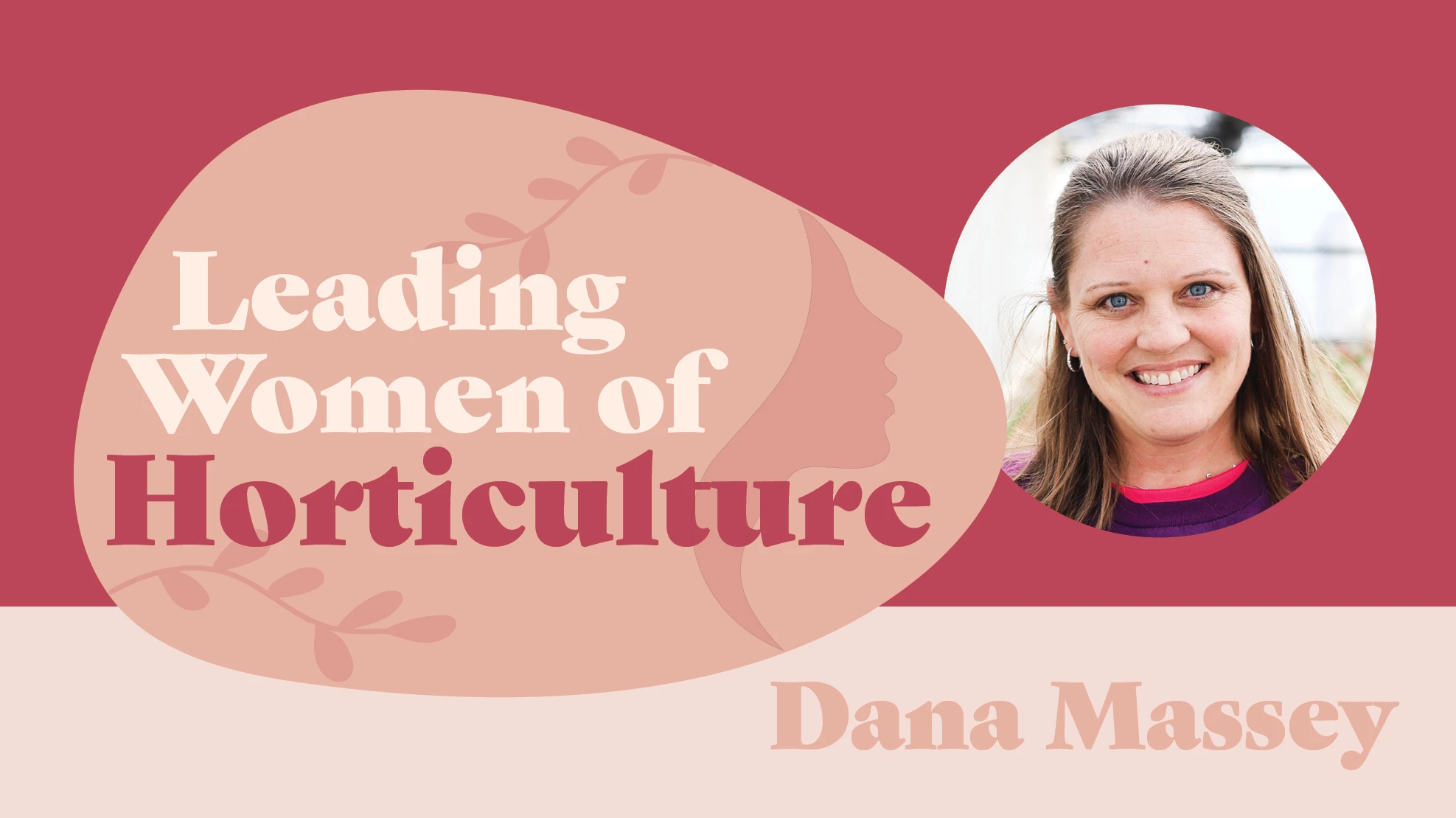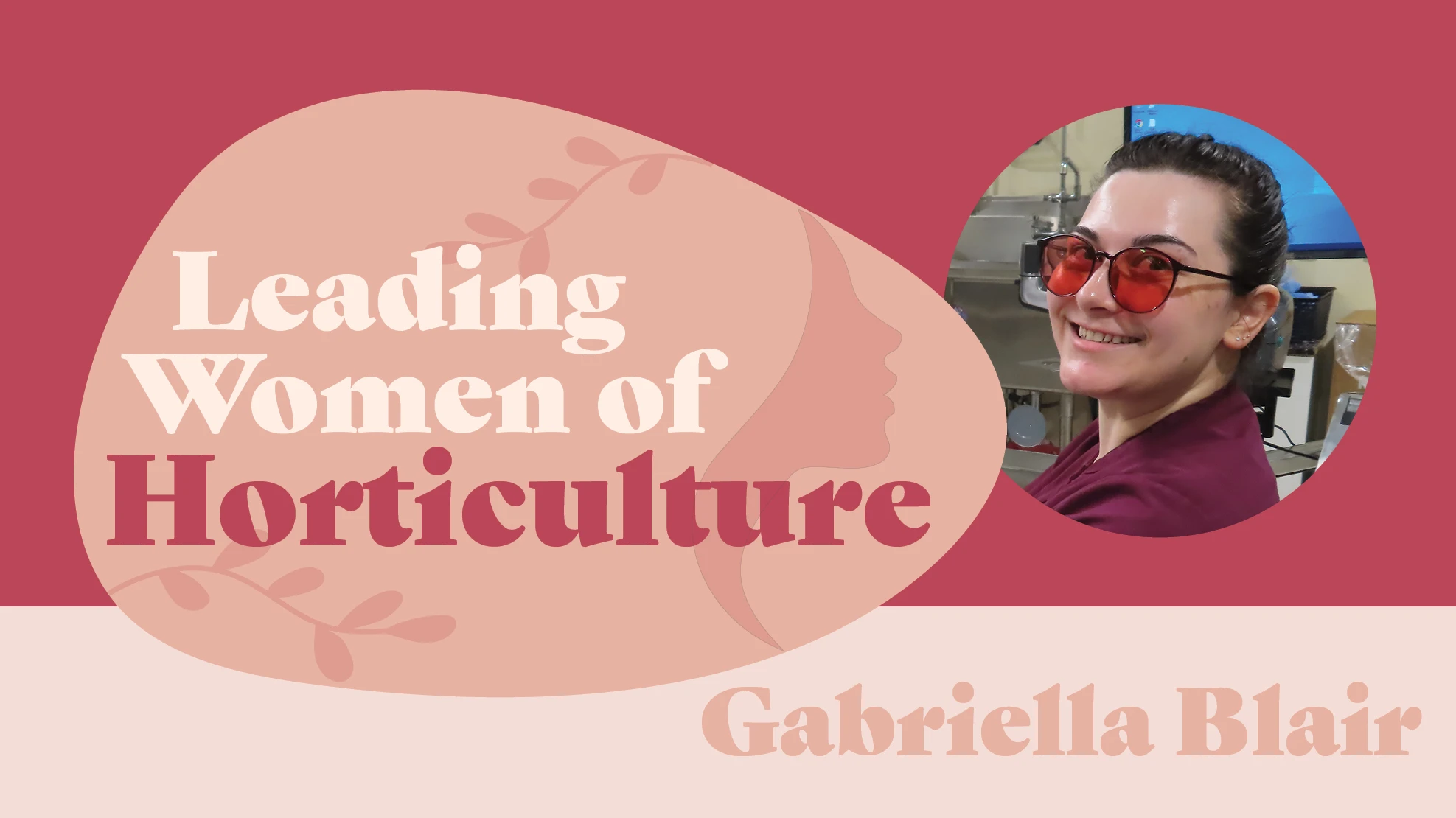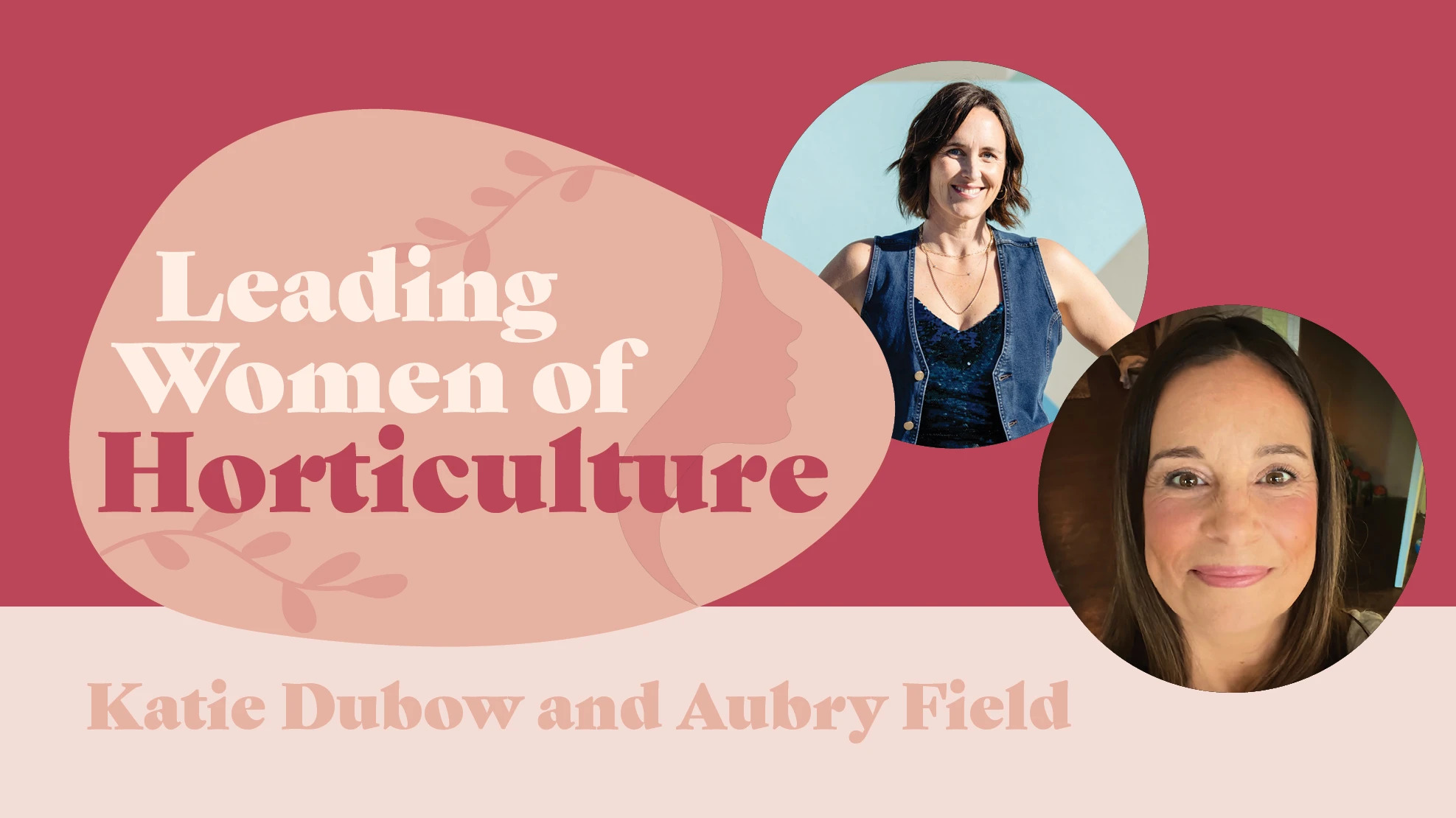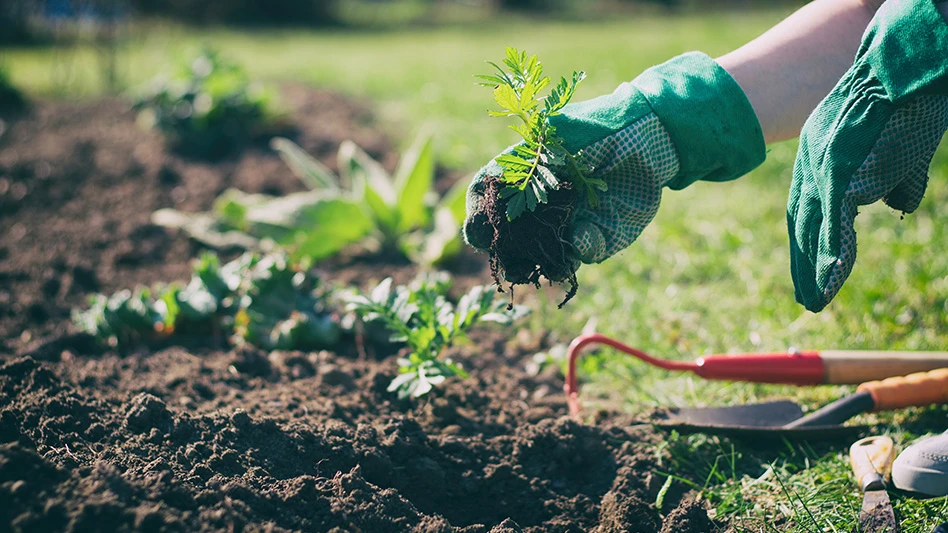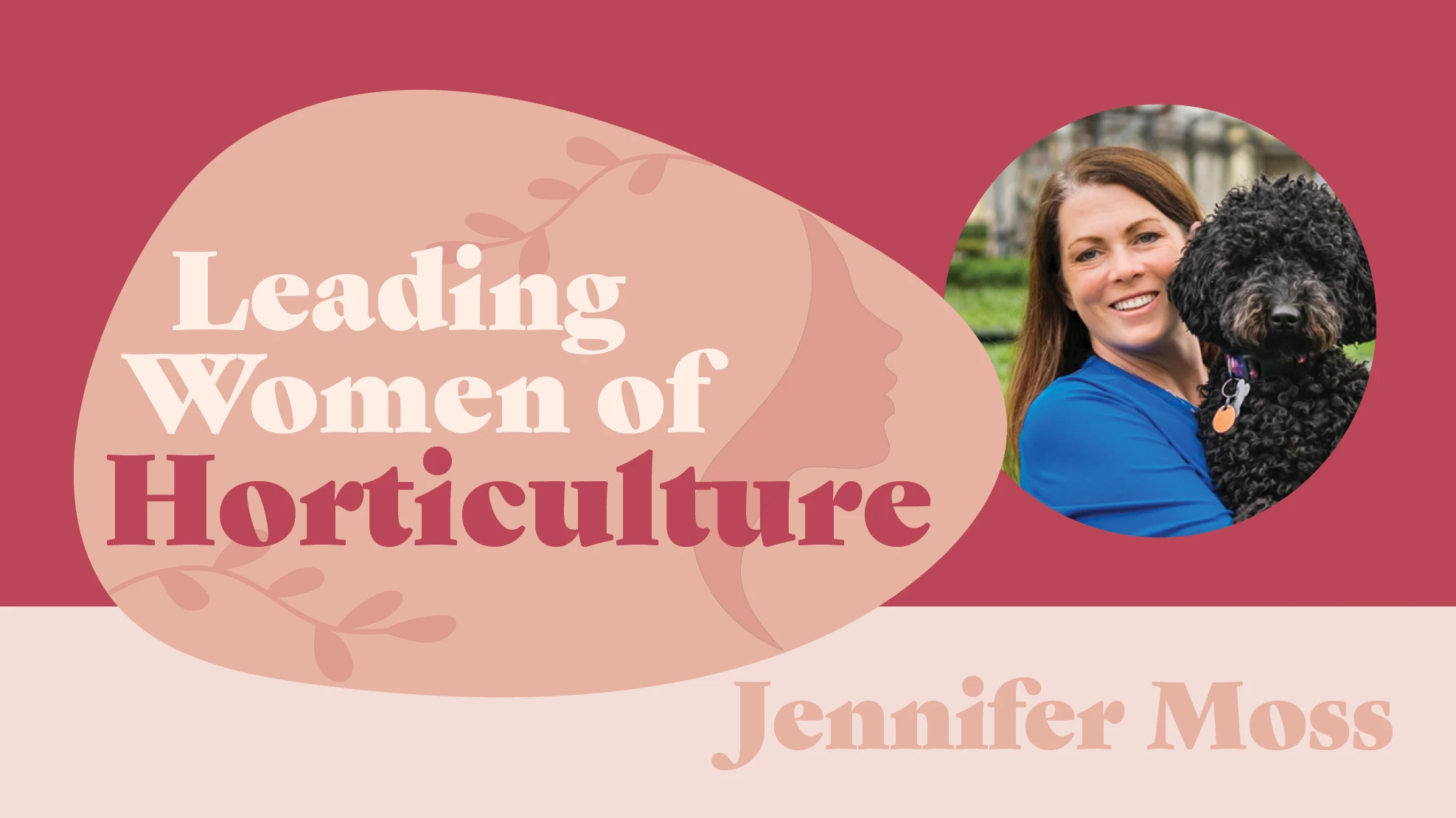 The composting craze is nothing new for independent garden centers. But as more people begin taking steps to reduce their carbon footprint, turning waste into “garden gold” has become increasingly attractive to the everyday gardener. Ray Greenstreet can speak to this. As the owner of Greenstreet Growers, the plant wholesaler, and Greenstreet Gardens, a chain of local garden centers with retail stores in Lothian, Md., Alexandria, Va., and Del Ray, Va., he’s not only used compost on his farm, he’s also inspired others to give it a shot.
The composting craze is nothing new for independent garden centers. But as more people begin taking steps to reduce their carbon footprint, turning waste into “garden gold” has become increasingly attractive to the everyday gardener. Ray Greenstreet can speak to this. As the owner of Greenstreet Growers, the plant wholesaler, and Greenstreet Gardens, a chain of local garden centers with retail stores in Lothian, Md., Alexandria, Va., and Del Ray, Va., he’s not only used compost on his farm, he’s also inspired others to give it a shot.
“July will be our 15th year at the farm,” Greenstreet says. “We had extra materials, and that’s how we got started composting here. We didn’t want to waste the things we grew that we didn’t need or that were overgrown. We have a six-acre corn field, and we put the compost out there. It helps to improve the quality of the farmland.”
Ten years ago, Greenstreet wanted to differentiate his garden centers from the big box stores. That’s when he began hosting events and workshops at the Lothian location and introduced composting to his customers. In 2011 and 2014, the stores in Virginia opened, and the workshops continued there. “In Alexandria, especially, there are some pretty avid composters,” Greenstreet says. “They’re pretty religious about it. We support a community garden out there that has a composting spot on the lot. In Maryland, there’s more acreage, so it’s easier for people to compost. Many people in both states are free-minded and are looking for a way to do the right thing. They get excited and tell you how it’s going and what they put in there.”
Today, Greenstreet Gardens’ composting workshops continue to be popular. Part of the success is that the events are a little different each time. The seminars have the same basic layout: It starts with an educational talk with a guest speaker, who is usually a local expert, followed by instructions on how to get started. Greenstreet says they usually display products that can help with the process but avoid the hard sell.
“Composting is pretty easy,” Greenstreet says. “But we do ask them to start small in order to be successful. It’s hard to maintain and keep it going if you start too big. We also talk about all the bins that are out there. We plan to build pallet bins for the next workshop in order to show customers how to use those. We’ll also be bringing in a vermiculturist to show people how to use worms in their compost.”
Continually updating the workshops is part of what keeps customers coming back to Greenstreet Gardens, but the real magic comes from ensuring a positive customer experience. “It’s a fun thing for the kids, and we try to engage them in the seminars. What kids don’t like worms?” Greenstreet says. “Composting gets people back in the dirt, which is a great way to spend a weekend day. The real opportunity we have is to get millennials involved because they’re looking for ways to be green.”
Each workshop draws anywhere from 12 to 50 people, and sometimes they limit attendance depending on the topic.
So how does Greenstreet suggest getting customers young and old to come to the workshops? First, he’s found that February is the ideal time to host an event. Spring fever is hitting people full force after months of being inside. It also beats having an event in say, May, when everyone is busy enjoying the nice weather. The trick is to build excitement before the gardening season.
 Greenstreet’s other bit of advice is somewhat counterintuitive: Always charge for your seminars. “We always did them for free, but I think there’s more credibility when you charge for them,” he says. “We try to keep it very fair and make sure they walk away with something that’s worth more than the price of the workshop.” The composting seminars typically cost $25. More intensive workshops, like a new three-part series in which customers learn about beekeeping and get their own bees in the final class, cost $80.
Greenstreet’s other bit of advice is somewhat counterintuitive: Always charge for your seminars. “We always did them for free, but I think there’s more credibility when you charge for them,” he says. “We try to keep it very fair and make sure they walk away with something that’s worth more than the price of the workshop.” The composting seminars typically cost $25. More intensive workshops, like a new three-part series in which customers learn about beekeeping and get their own bees in the final class, cost $80.
The final part of the equation comes from promoting the event. Greenstreet says social media, particularly Facebook, is the most successful vehicle for delivering this information. Newsletters, blog articles and the occasional email blast or radio spot are used, too. In the end, though, it all comes back to the customer.
“It’s nothing revolutionary, but I read an article about the future of retail, and it said the most important thing is the customer experience,” Greenstreet says. “All of us as garden center owners have to remember that. The quality at the big boxes keeps getting better. Customer experience is what gives us the competitive edge, and there are always opportunities to improve.”
Karli Petrovic is a freelance writer, editor and marketing professional living in Portland, Ore.

Explore the March 2015 Issue
Check out more from this issue and find your next story to read.
Latest from Garden Center
- Brand Spotlight: Growing Sweet Success in Small Spaces with Butterfly Candy™ Buddleia
- Super Charged Moon Juice from Moon Valley Nurseries now available nationally
- 2025 Proven Winners Horticulture Scholarship applications now open
- Leading Women of Horticulture: Anna Ball, Ball Hort, and Terri McEnaney, Bailey Nurseries
- Dümmen Orange North America celebrating 25th anniversary in 2025
- Illinois Landscape Contractors Association changes name to Landscape Illinois
- Leading Women of Horticulture: Arden Pontasch, North Creek Nurseries
- Spring Meadow Nursery's Freedom Shelley finds joy in plants
